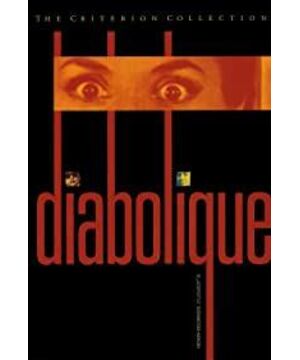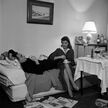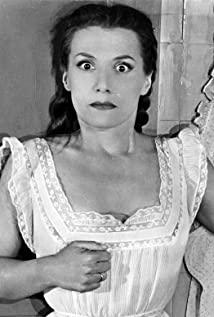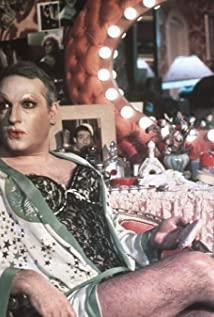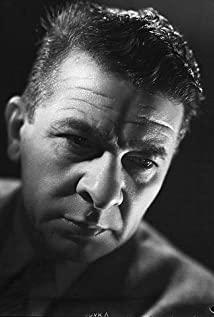1. Did the heroine die in the end? Was what the last little boy said true, or did he lie this time?
2. Does the heroine really have heart disease? The doctor once said that she was extremely ill, but in the end the principal said that she did pretend to be.
3. If the heroine is not dead, it is to cooperate with the detective to make them act automatically, but in the end, the principal got the heroine's pulse. How can this be explained?
4. If the heroine is not dead, why not show up and give up the entire school industry? How to explain?
5. Or maybe the film has an open ending, but I really want to know the director's own intentions and how to explain this ending.
My explanation: (please add if you are not detailed, please point out if there is an error)
1. The hostess did not die 2. There was no heart disease. The doctor and mistress were in the same group. You can tell when you say hello during the photo. 3. The pulse may be touched casually, and the pulse will not be scared to death at that time. Stop, the male protagonist may not feel the pulse and raise her hand to see if there is any strength for a living person. It is also possible that if the female protagonist is really calculating, she can take medicine in advance, and suspended her pulse at critical moments. There are also medicines for the heartbeat. The police reminded her in advance that it was tonight, and she might not have time to take the medicine. 4 is the key point. Regarding the issue of giving up the property without showing up, if you show up, what is the sin of his husband and mistress? Deliberate attempted murder? The kind of murder intended to scare people to death was probably not easy to convict at that time. She wanted to get rid of her husband so much, and with so many calculations, she must want her husband and mistress to disappear forever, so how could she show up? The child stood for 6 hours without being punished for the first time. What I remember is that he said later that he himself did not see the principal. Others asked him why he said he did not see it again. He said that I have been fined for standing for 6 hours, and I don't want to be fined anymore. Is he going to lie in the end and risk being punished to stand? In the end, he would rather continue to go to the station where he was fined instead of denying that he did see the hostess. If a child can do this, it is obvious that he has actually seen it this time. Then you should be able to figure it out
View more about Diabolique reviews


